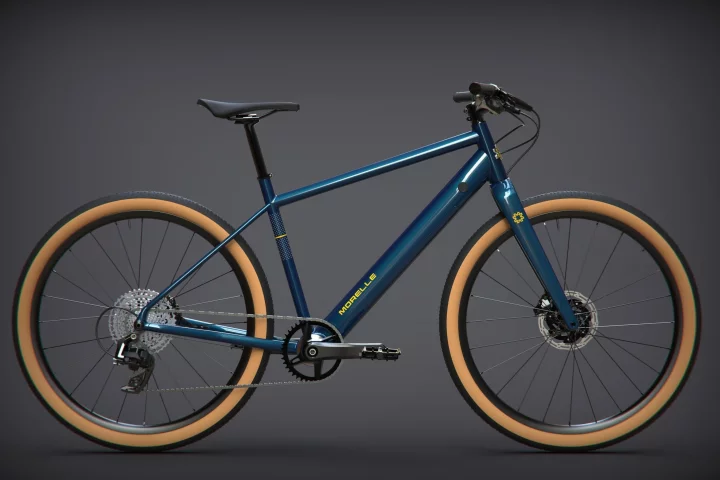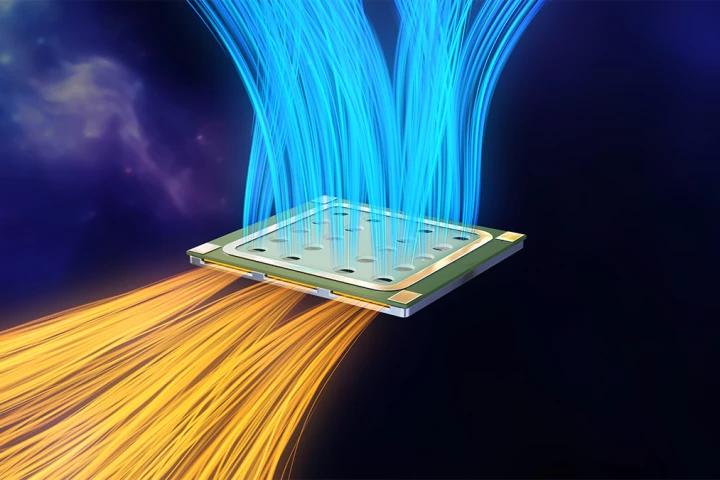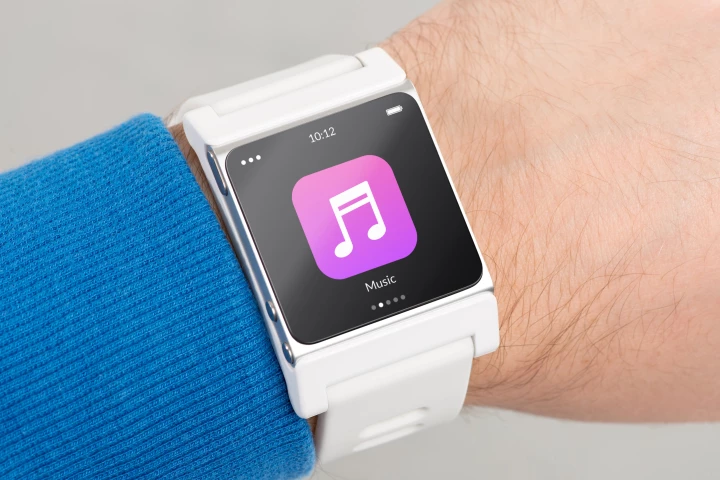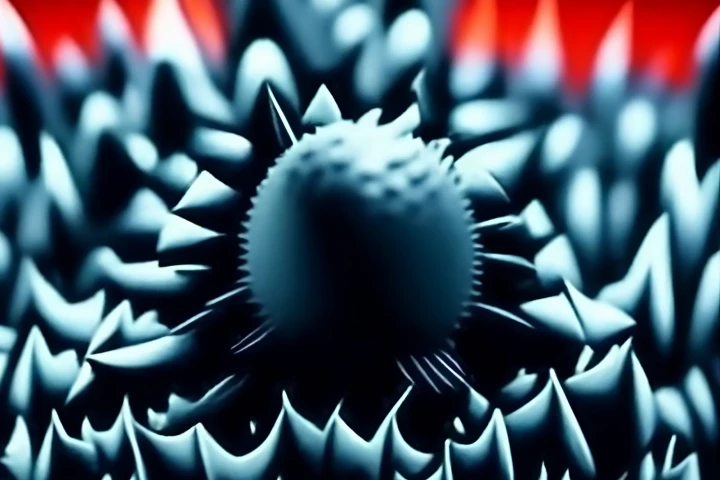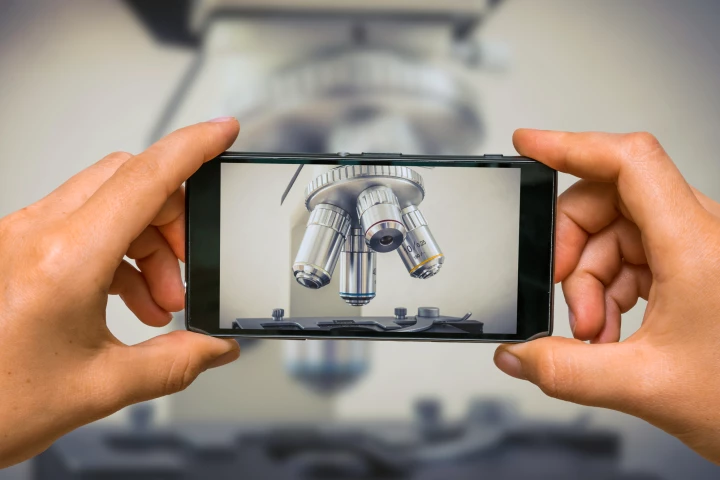Silicon
-
The typical charging time for an ebike is measured in hours, but Morelle looks to slash that unit to minutes to create the world's fastest charging ebike. The new bike also looks to be as sleek and lightweight as it is convenient to charge.
-
As our personal devices get smaller and are expected to do more – your phone, smartwatch, or wearable AI assistant – they can get hotter on the inside. xMEMS' tech can deliver airflow in these products with a chip smaller than a microSD card.
-
xMEMS Labs launched a solid-state micro-speaker last year that was designed to bring full-range sound to open earphones. Now the Sycamore has been tweaked to produce "the world's thinnest speaker designed specifically for wrist-worn wearables."
-
Last year, xMEMS Labs embarked on a mission to replace legacy coil-based speakers in wireless ANC buds with silicon-based solid-state micro-speakers. Now the company has a new full-range flavor for open-fit earphones.
-
Silicon is so important for electronics and computing that it’s become synonymous with technology, but the stuff has its flaws. Now scientists have created a way to make super-pure silicon chips that could pave the way for stable quantum computers.
-
Two of the first-ever desktop computers have been found in storage boxes at Kingston University in London. A milestone in human achievement, the Q1 microprocessor computer was released more than half a century ago, and only one other is known to exist.
-
Researchers developed a nanospiked surface that was 96% effective in destroying a common virus responsible for causing respiratory illnesses in children. The technology could safeguard researchers, health workers and patients from viral spread.
-
Scientists have found that a “superatomic” material is the fastest and most efficient semiconductor ever. Taking advantage of a tortoise-and-hare mechanism, the new material can transport energy much faster than silicon.
-
Back in April, xMEMS Labs revealed solid-state technology aimed at replacing coil-based speakers in audio wearables like in-ear monitors. Now the company has partnered with Creative Technology for an upcoming pair of true-wireless earphones.
-
A brand new form of silicon might help extend its use into the future. Engineers at North Carolina State University have discovered a material called Q-silicon, with new properties that could have important uses in quantum computers and spintronics.
-
Scientists have created the world’s smallest wine glass, narrower than a human hair. Made out of actual glass, the model is a test run of a new 3D-printing process that could help make nanoscale glass components for electronic and optical devices.
-
Move over, macro: researchers have created the world’s smallest silicon LED and holographic microscope, and among its uses is a hack that'll let you use your smartphone to view objects as tiny as a single human skin cell in brilliant high resolution.
Load More
